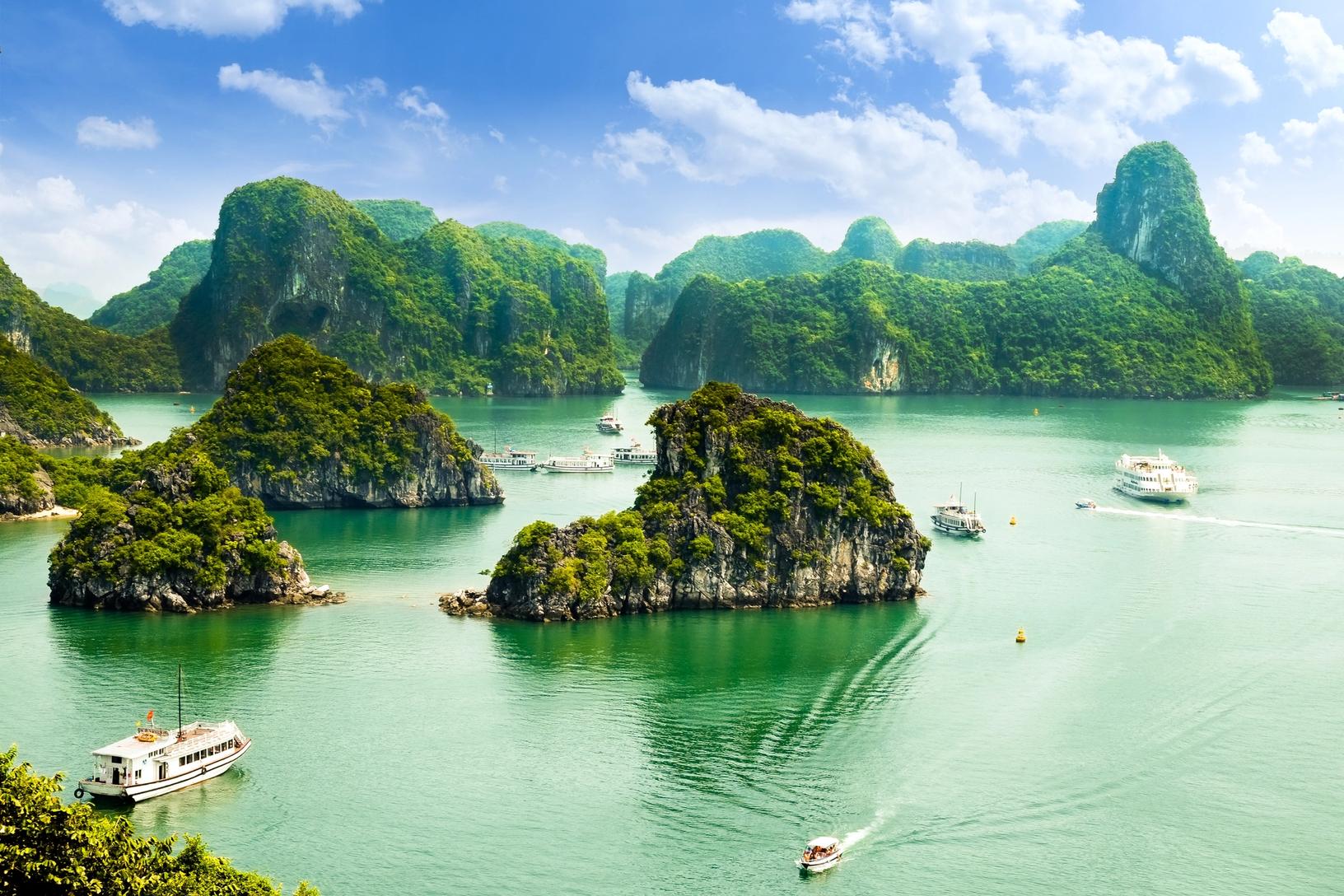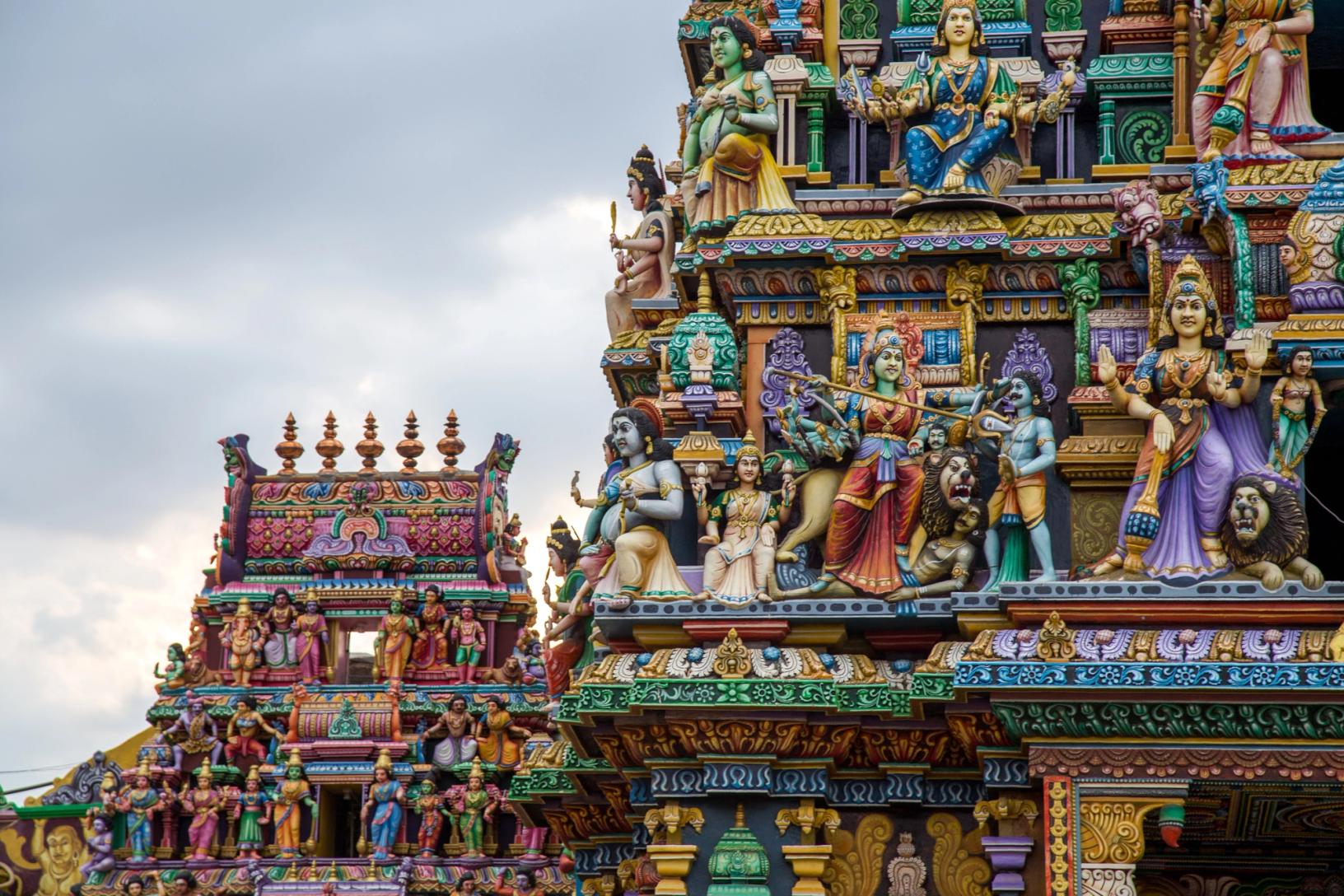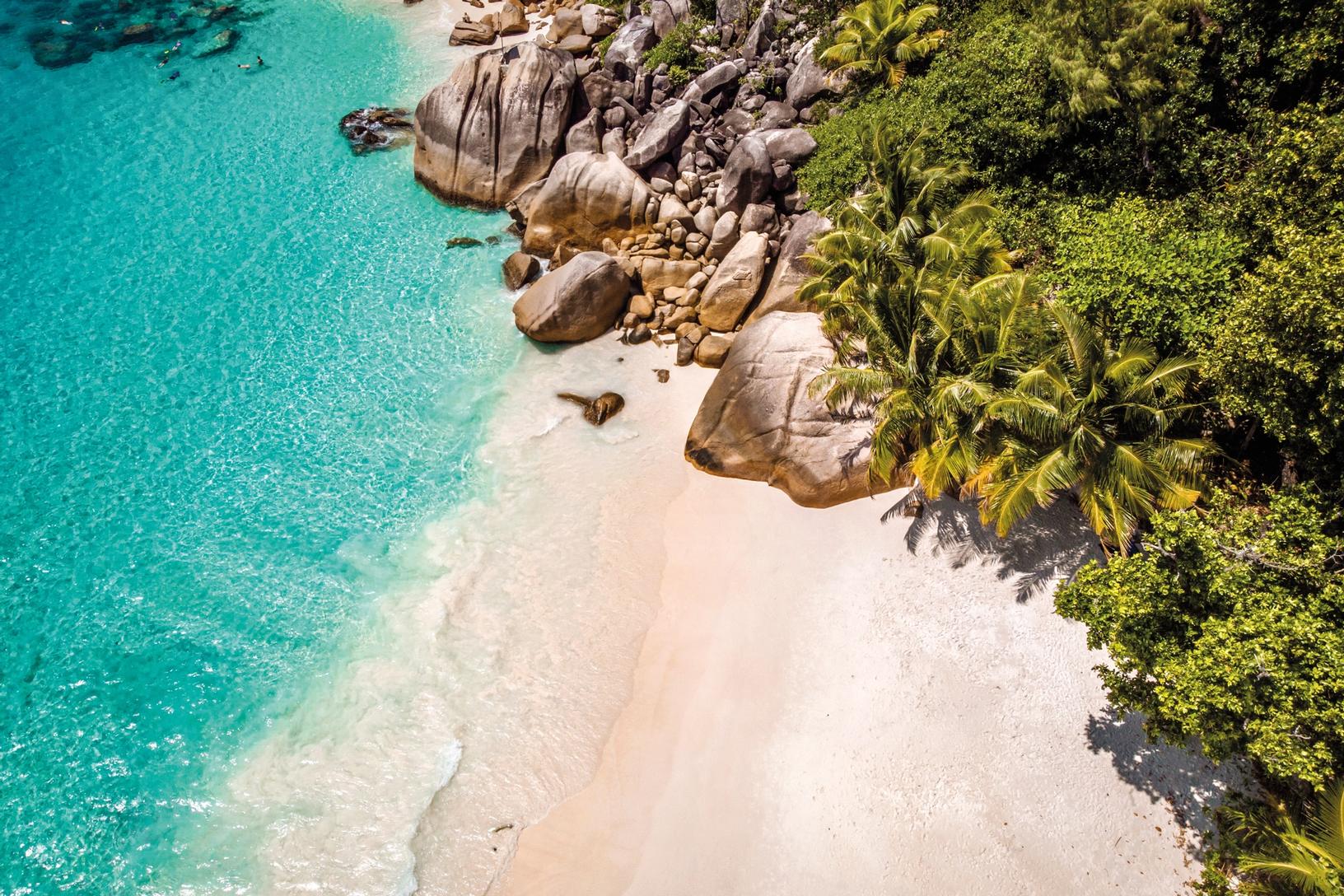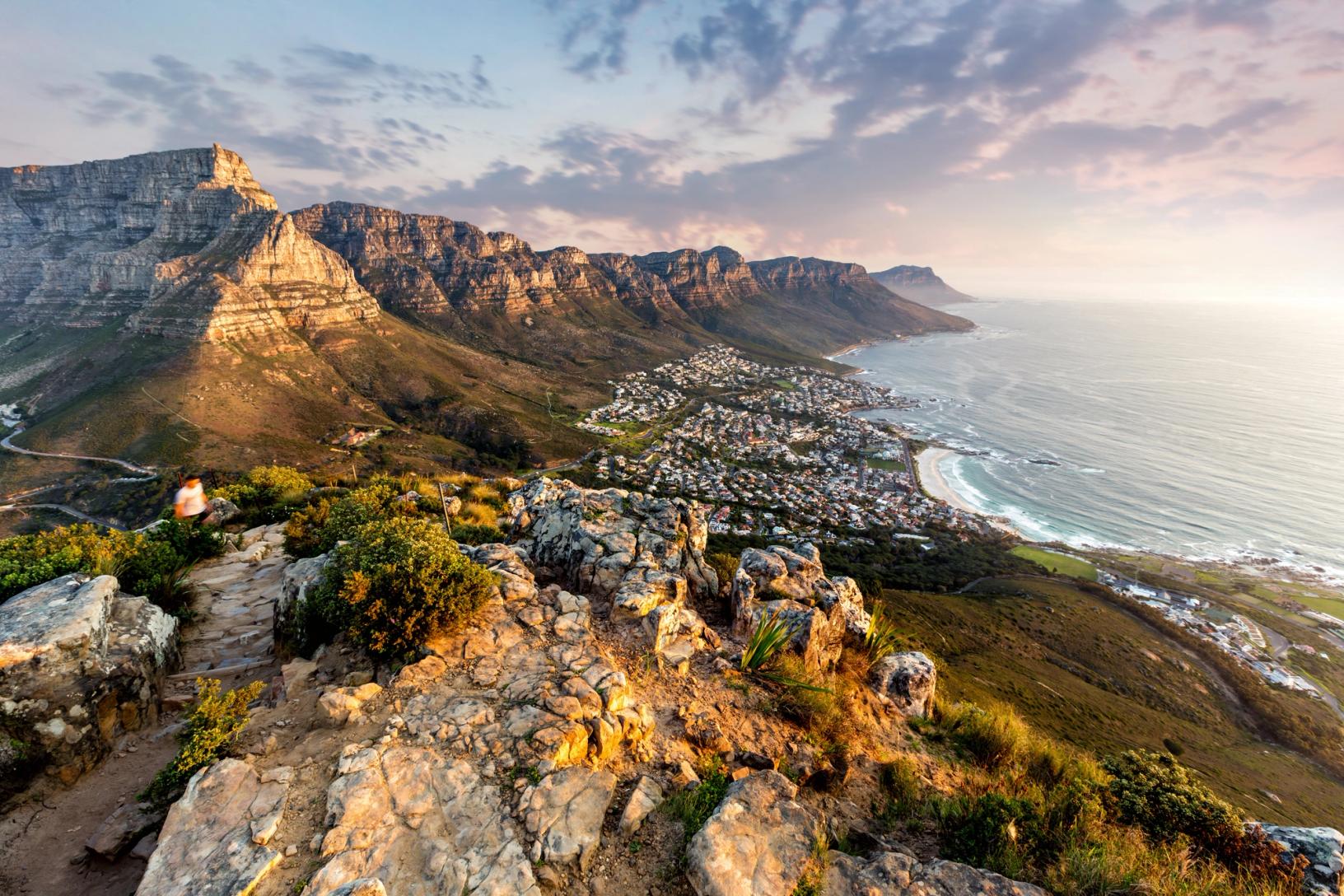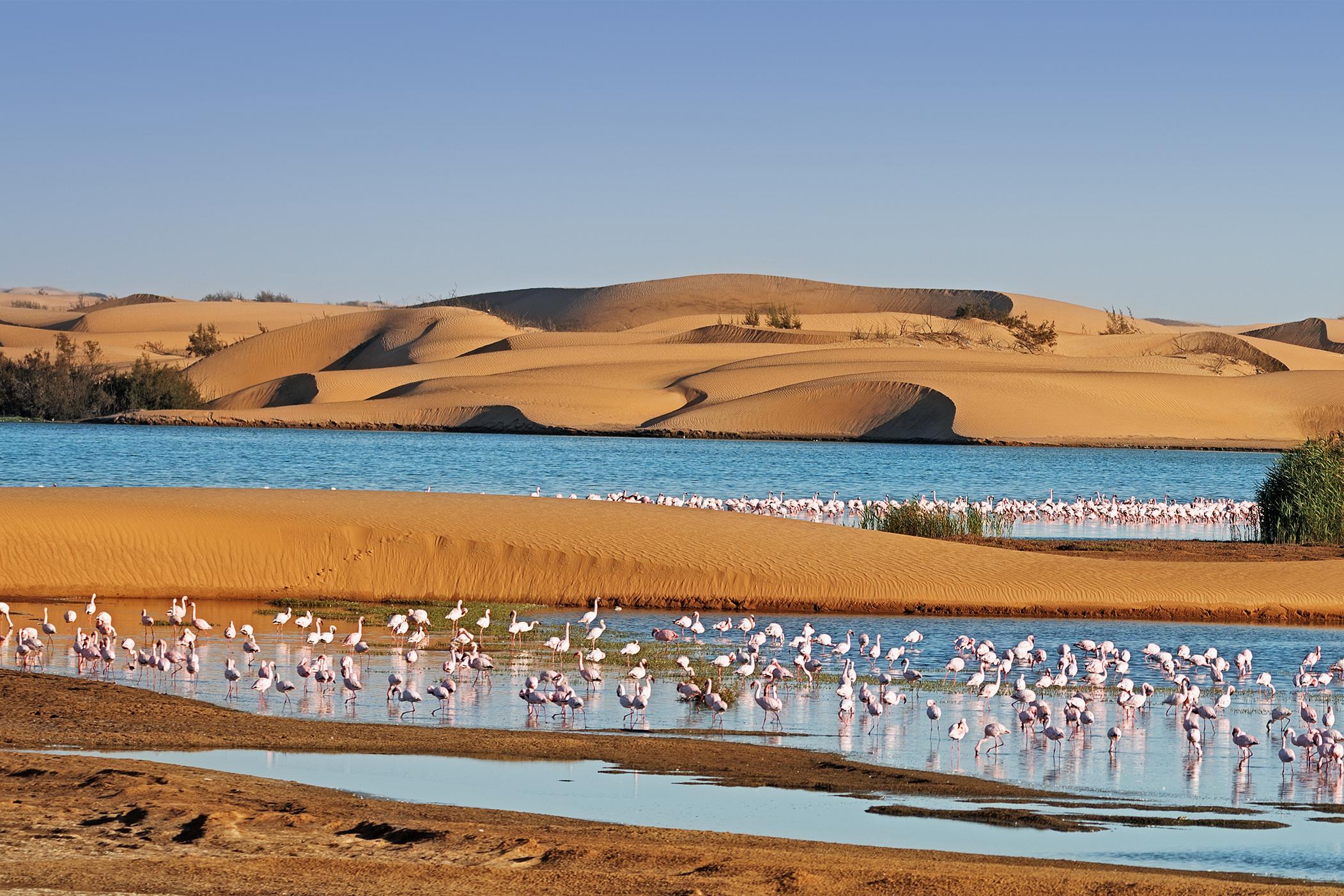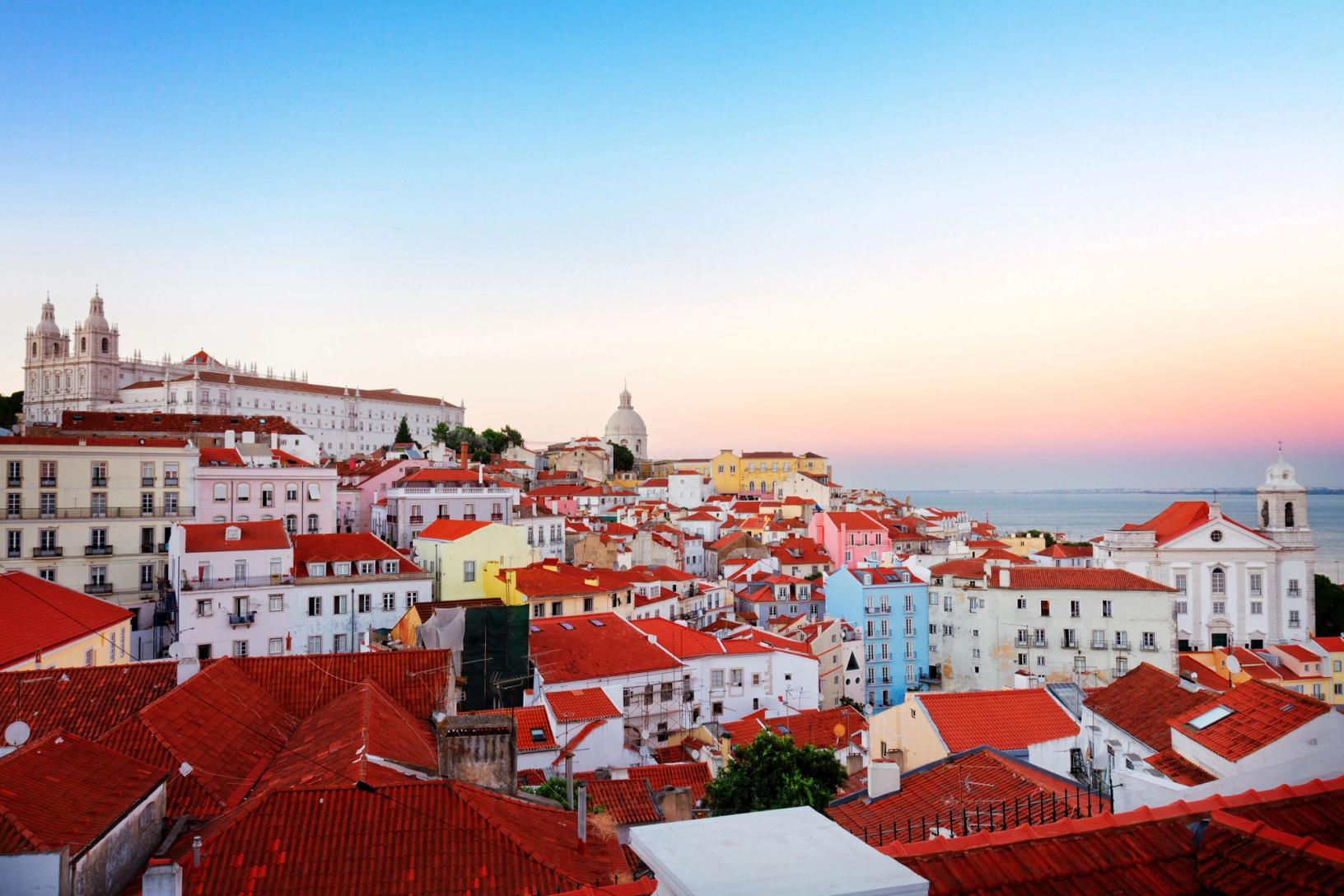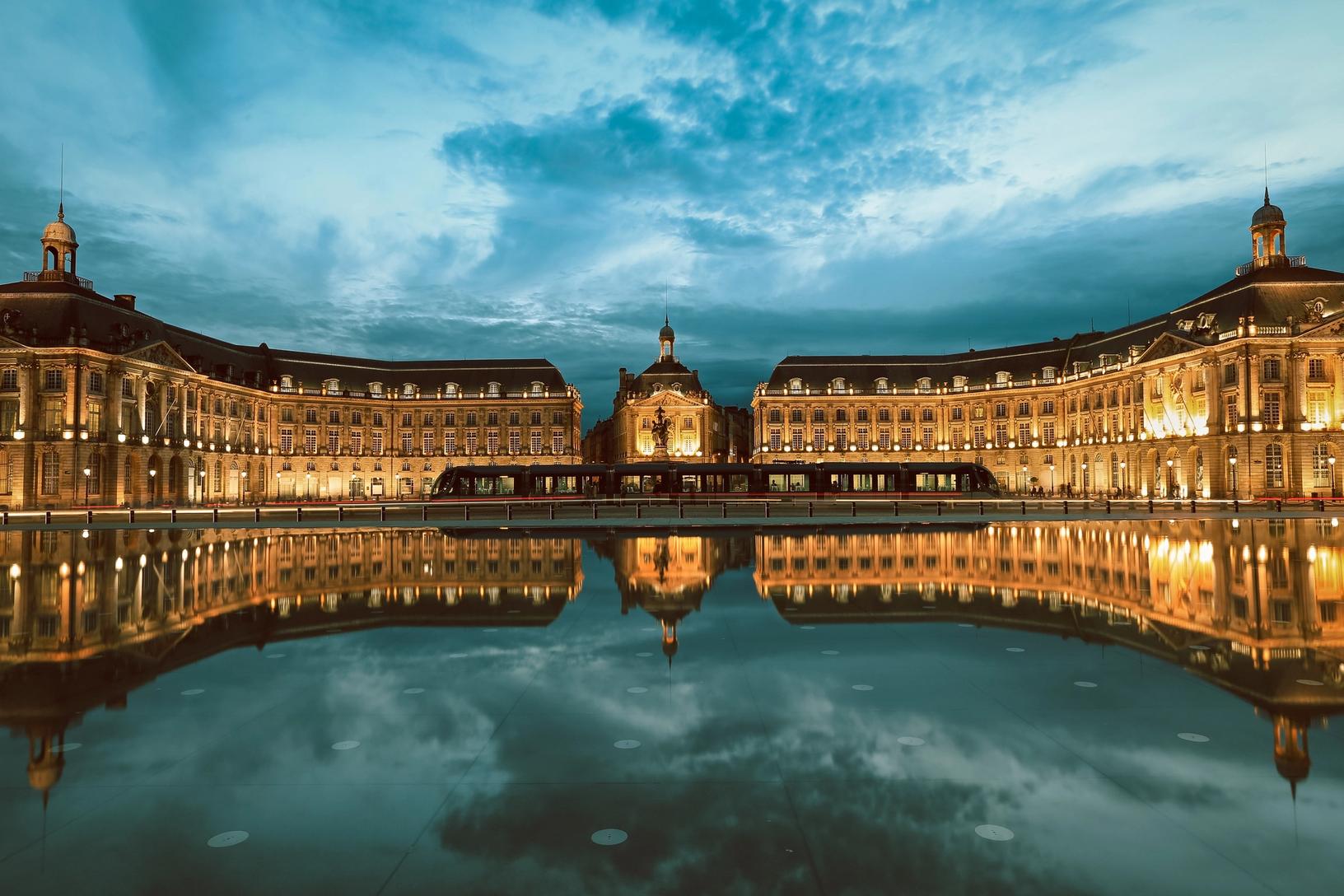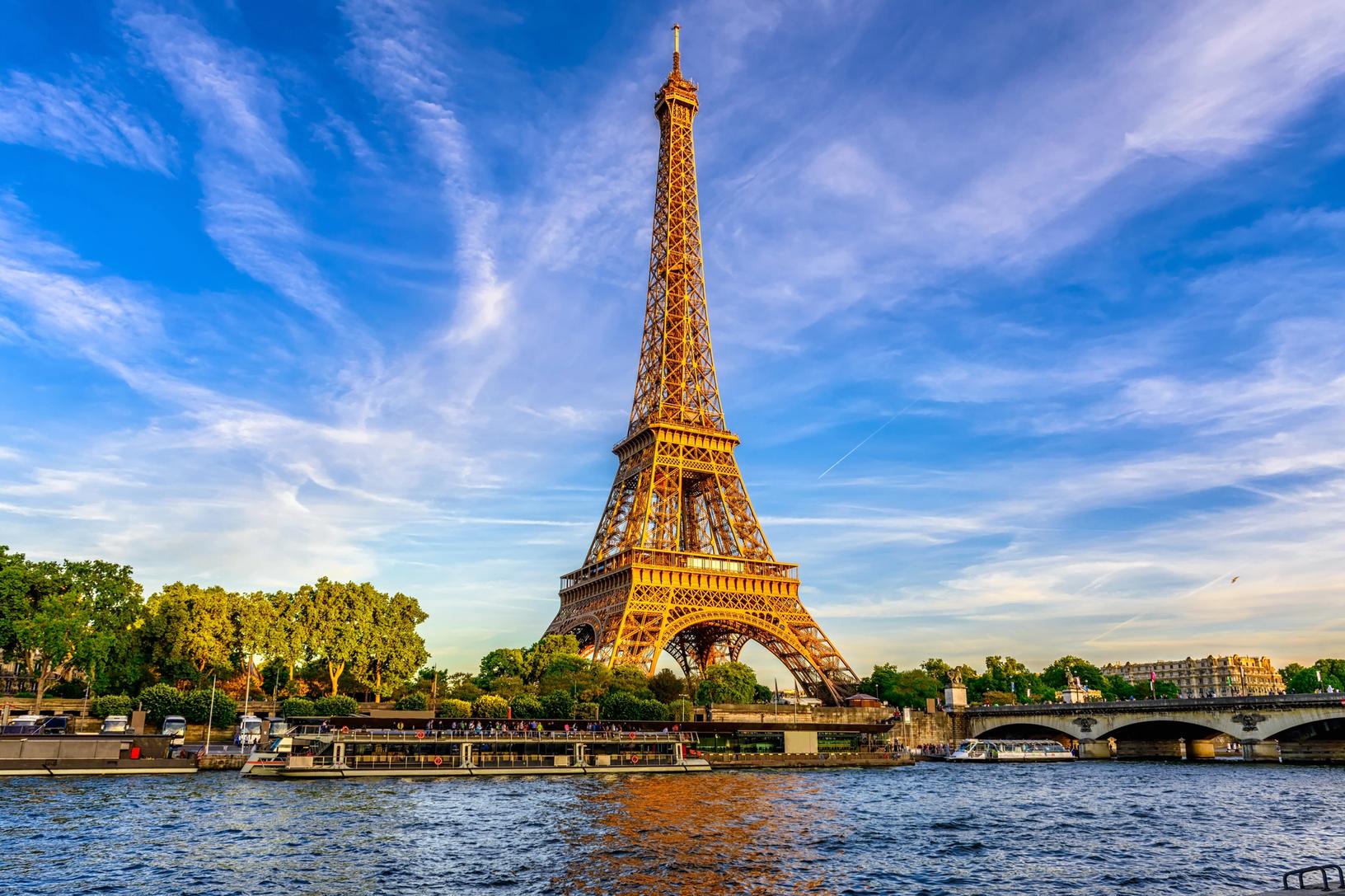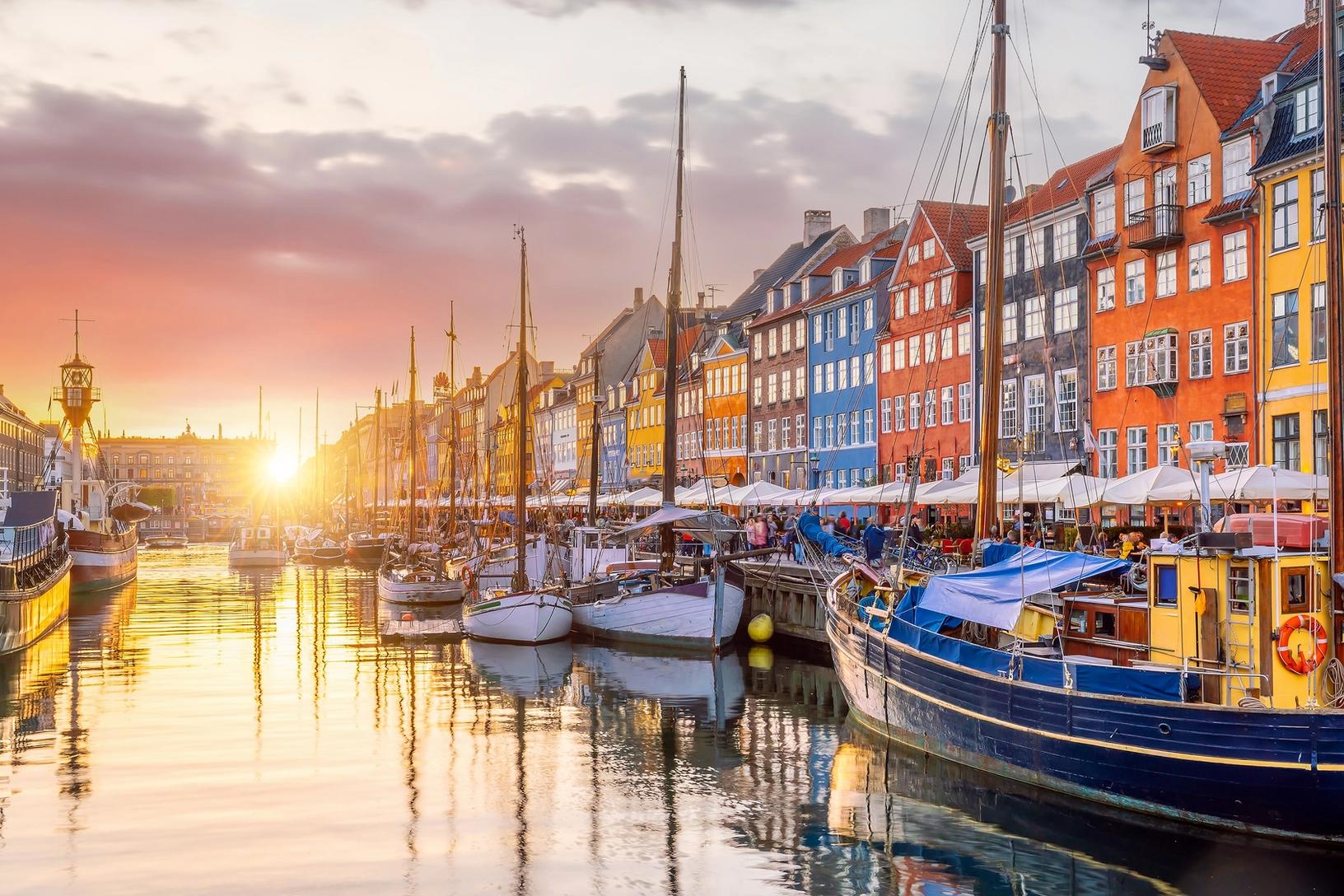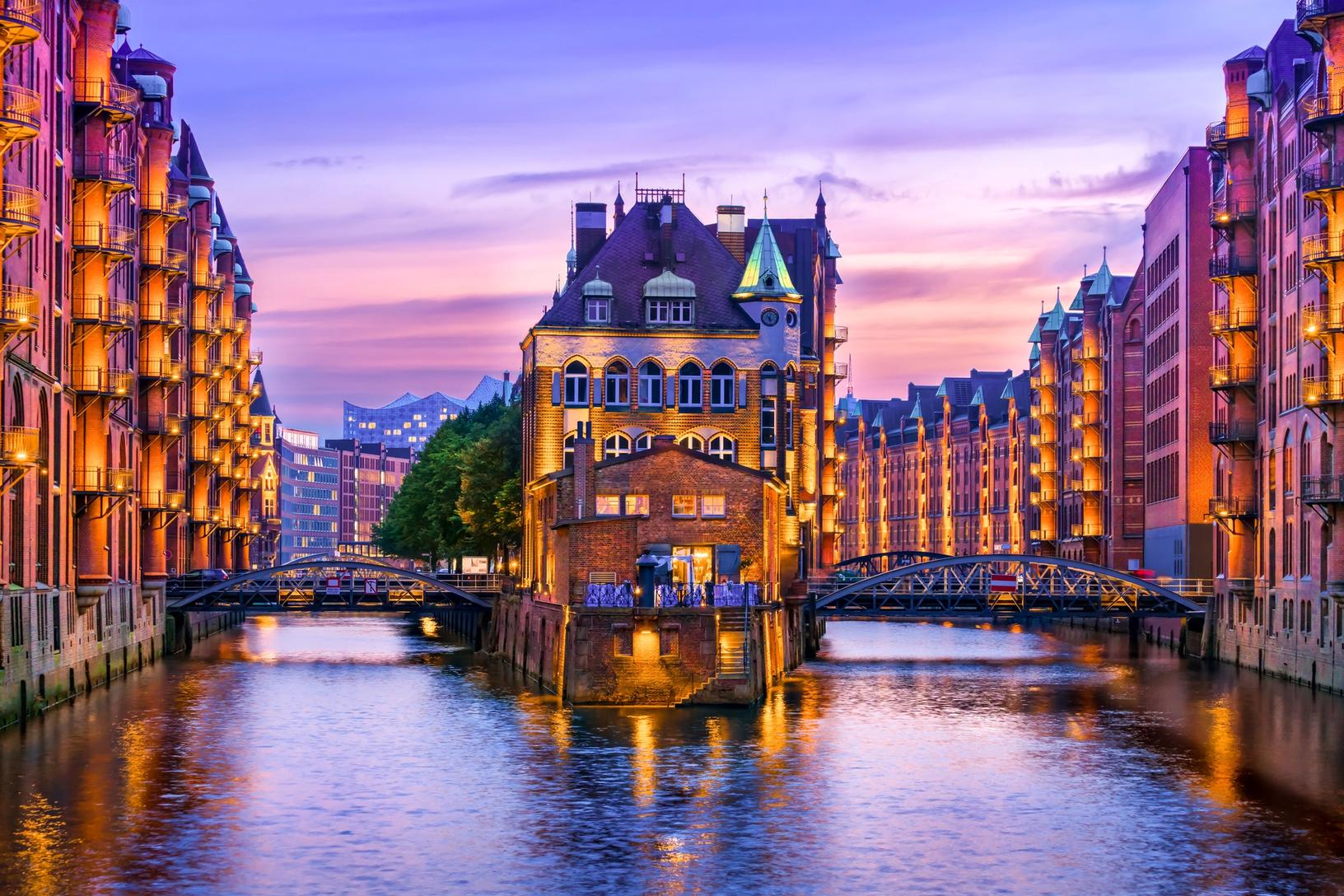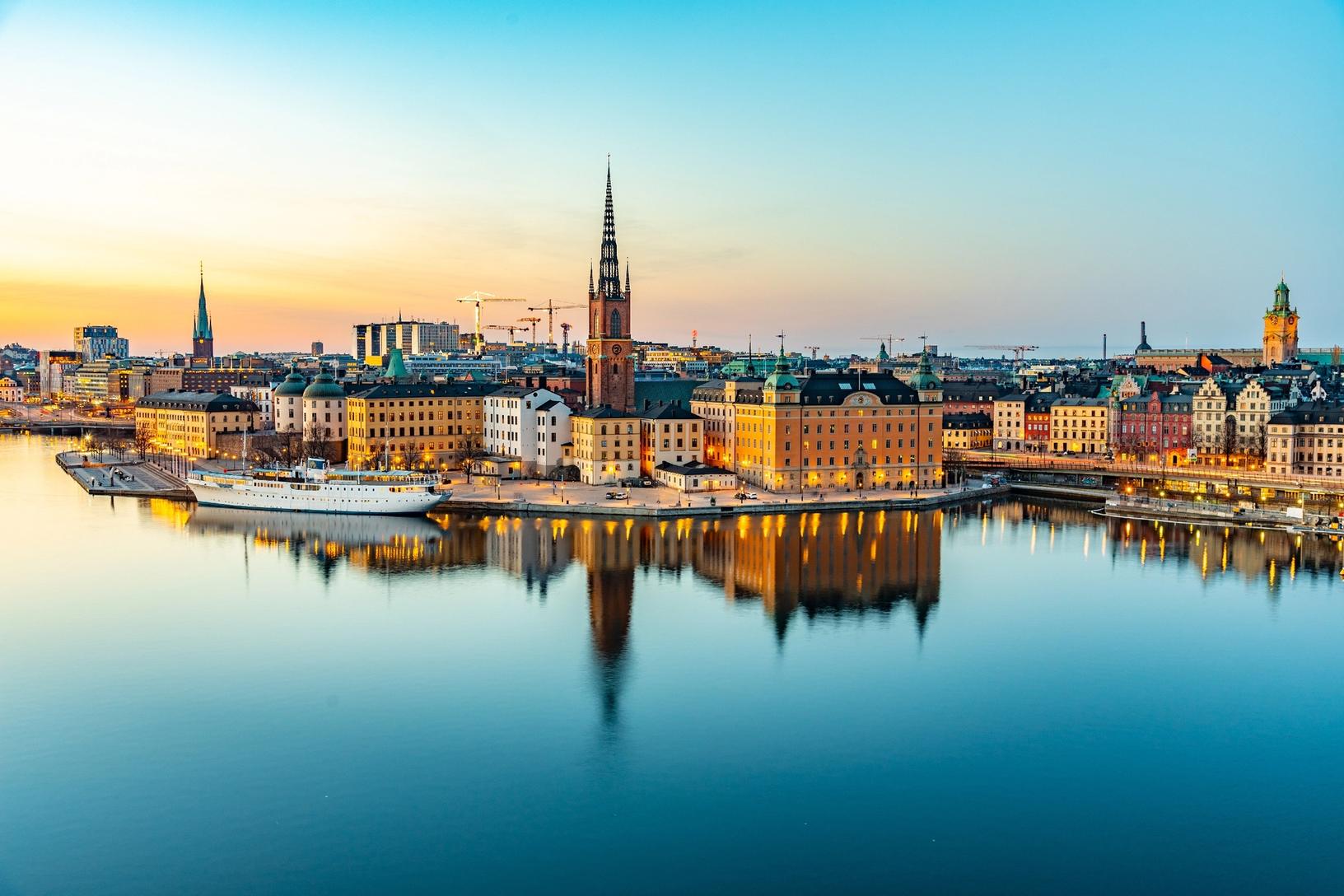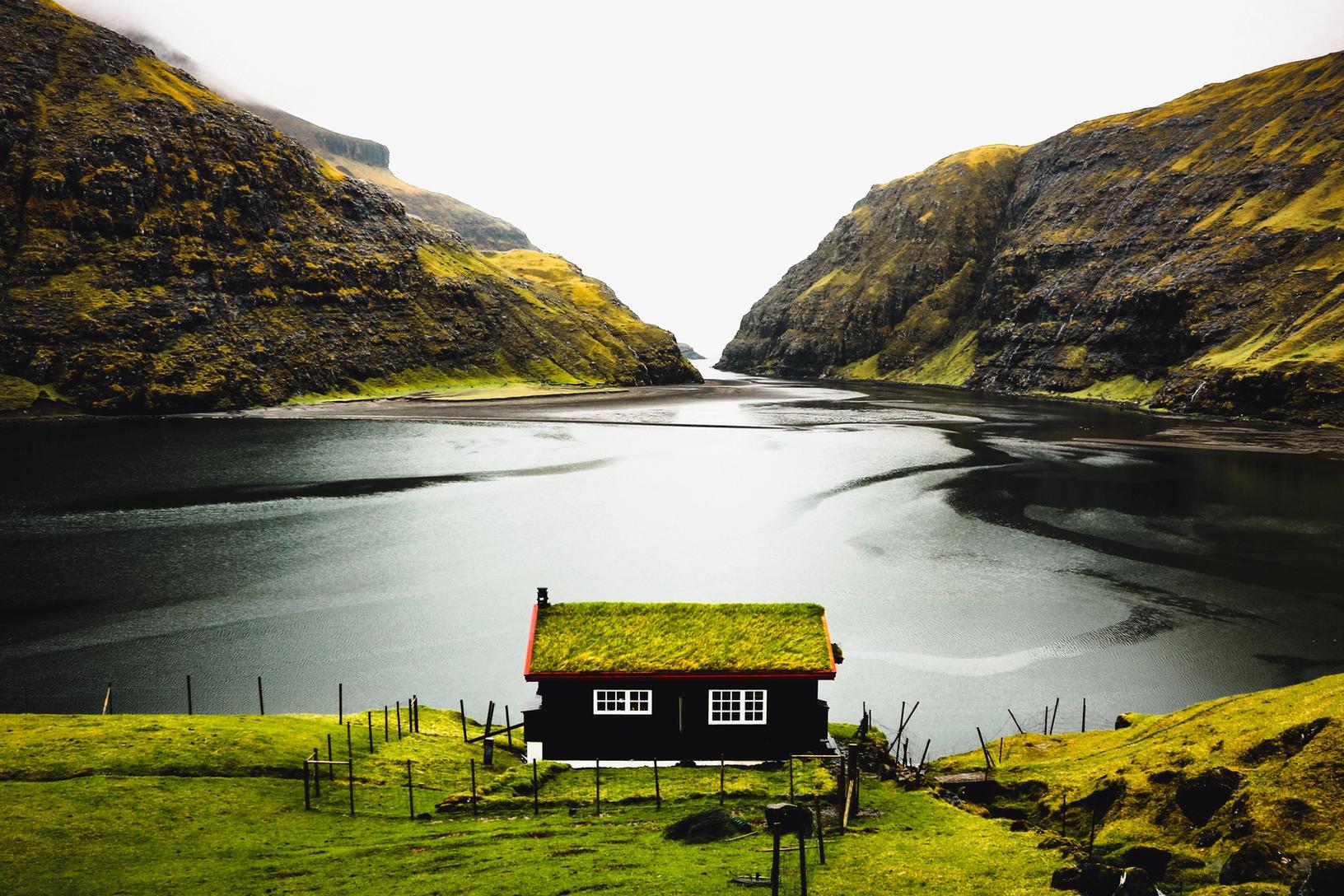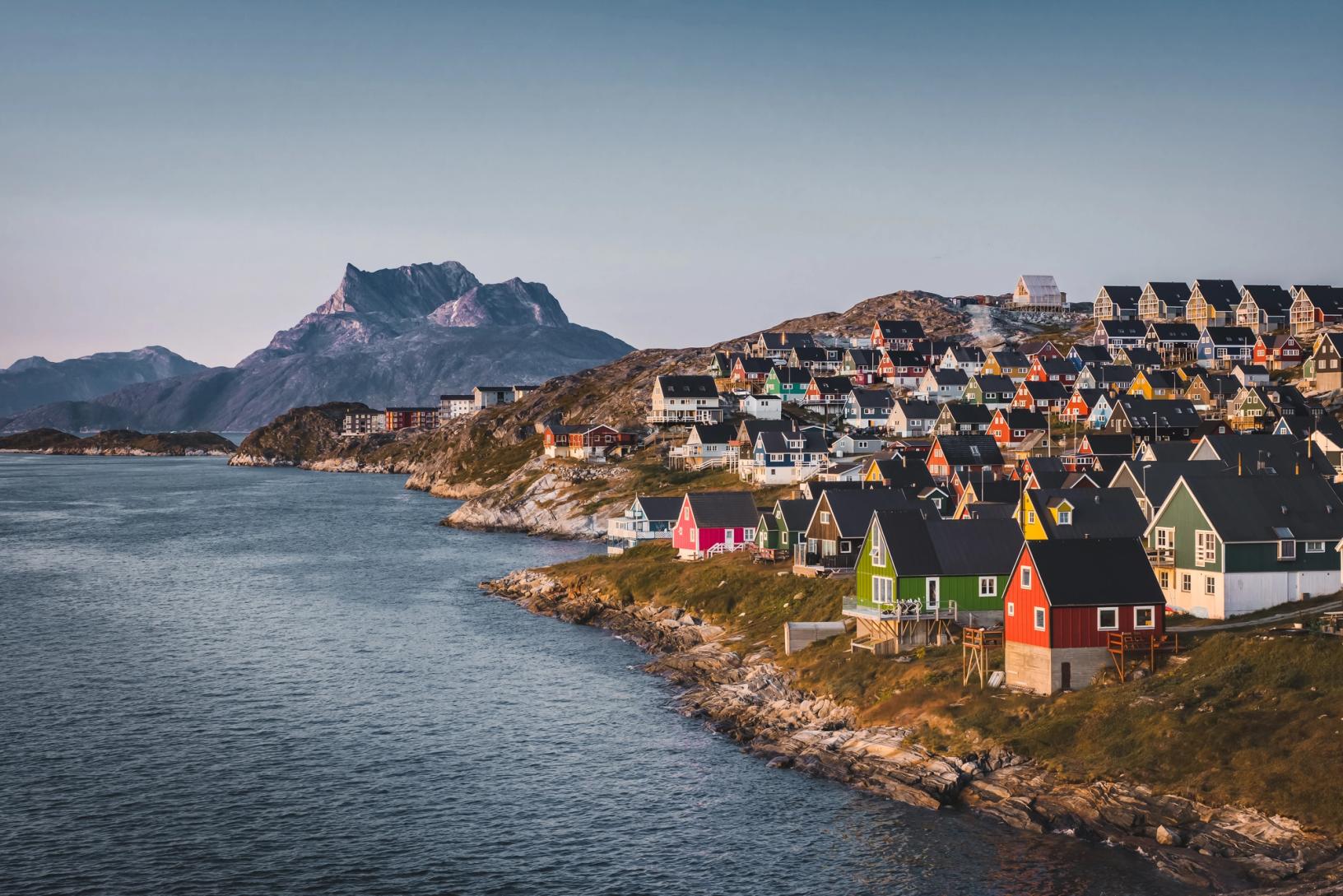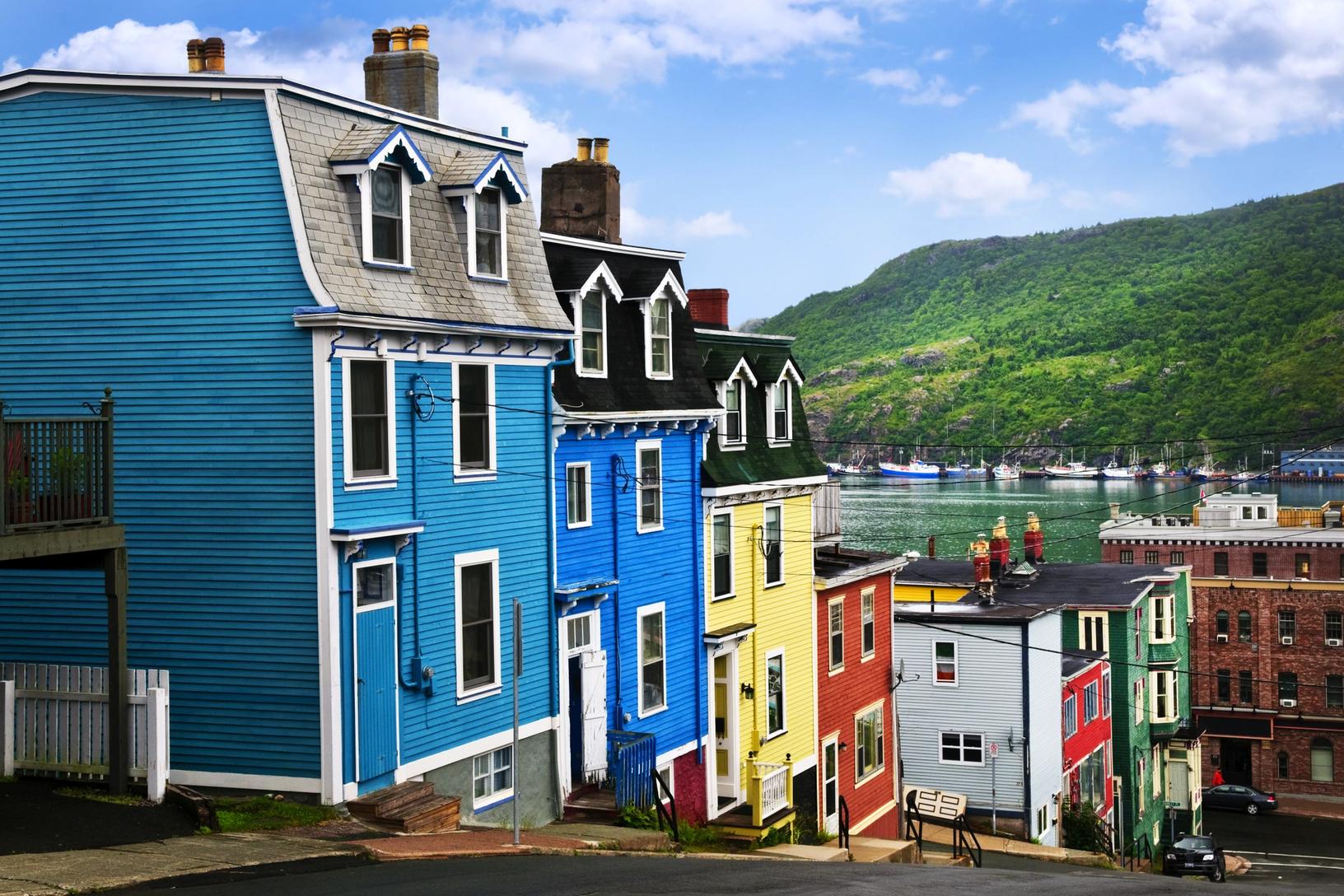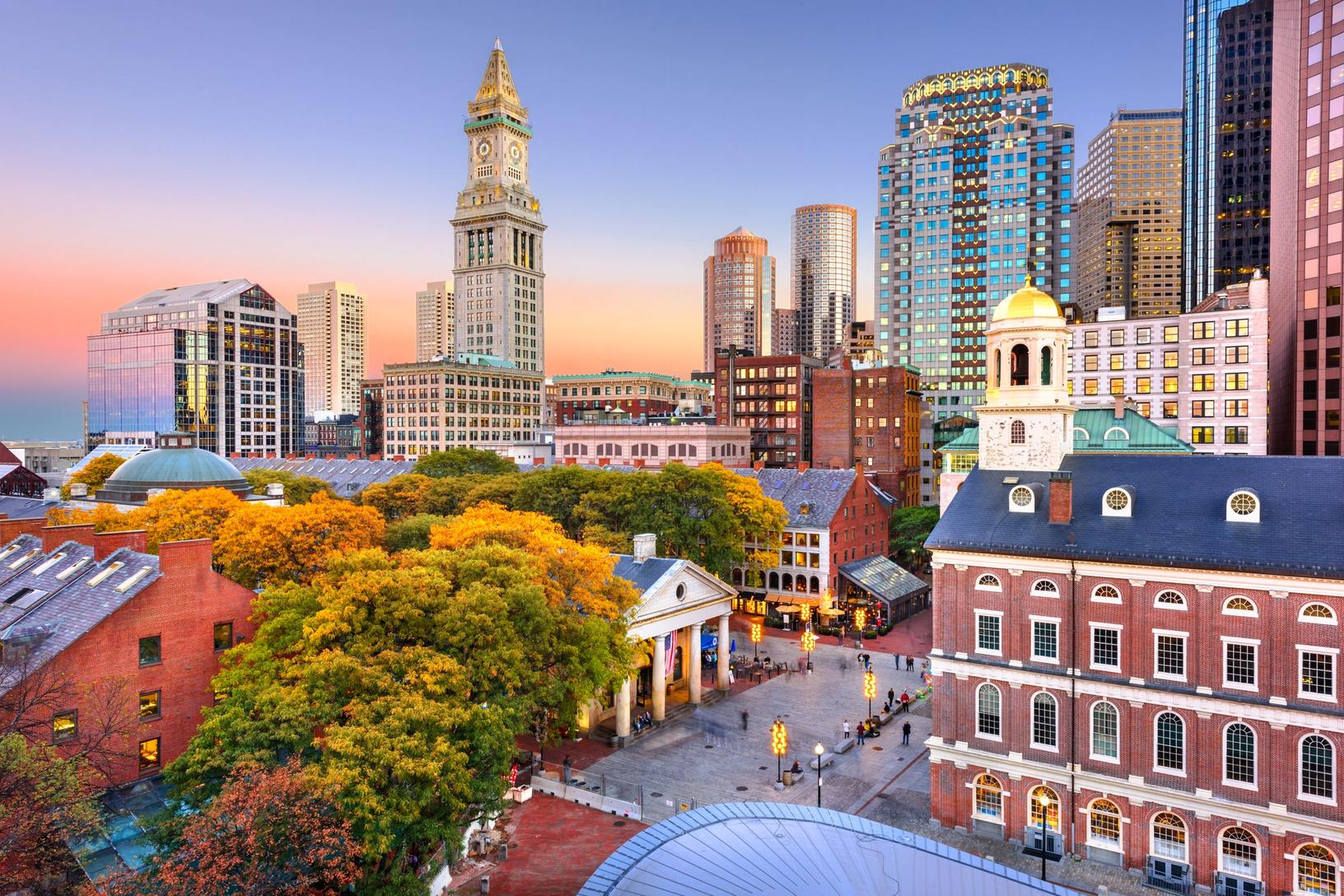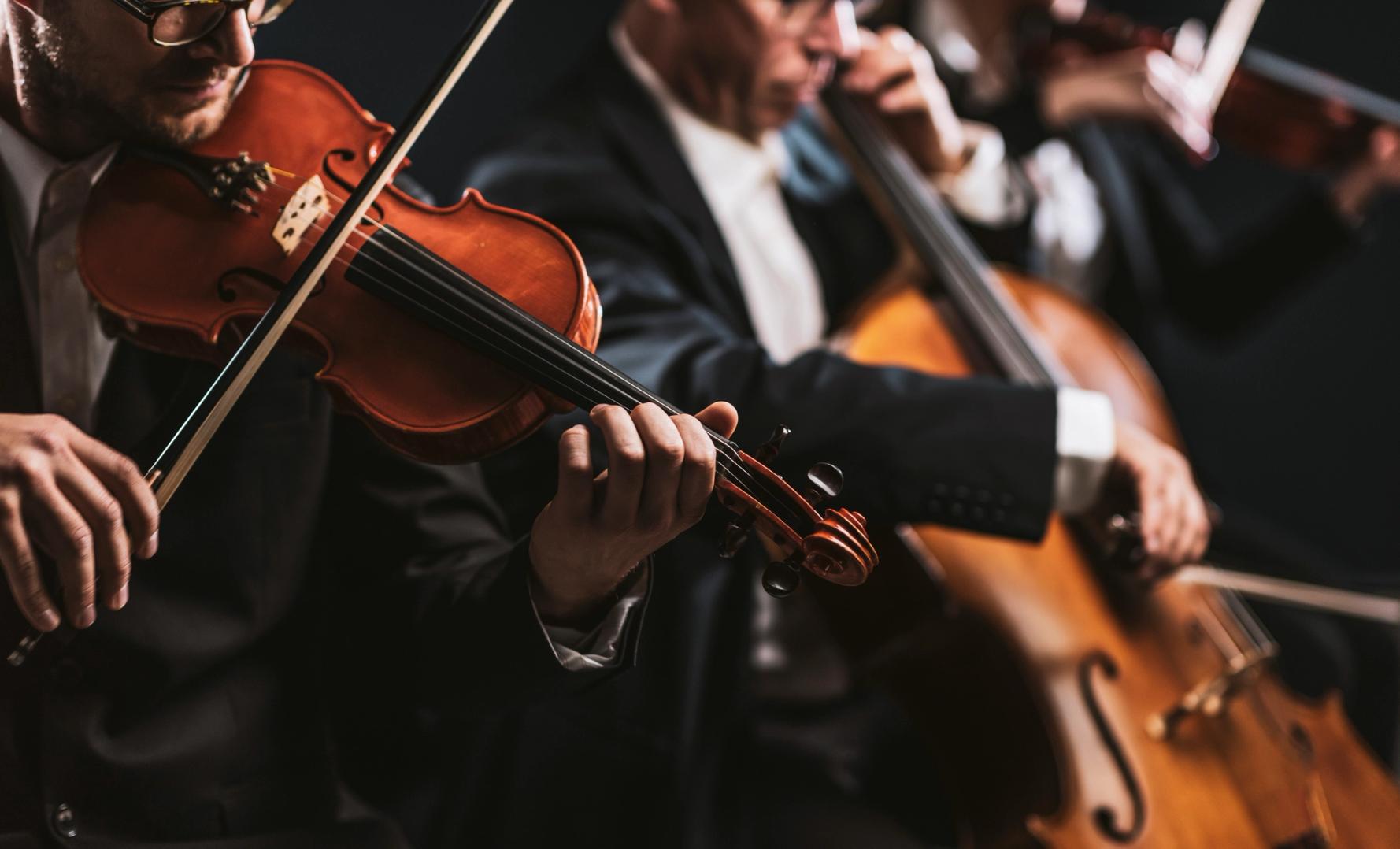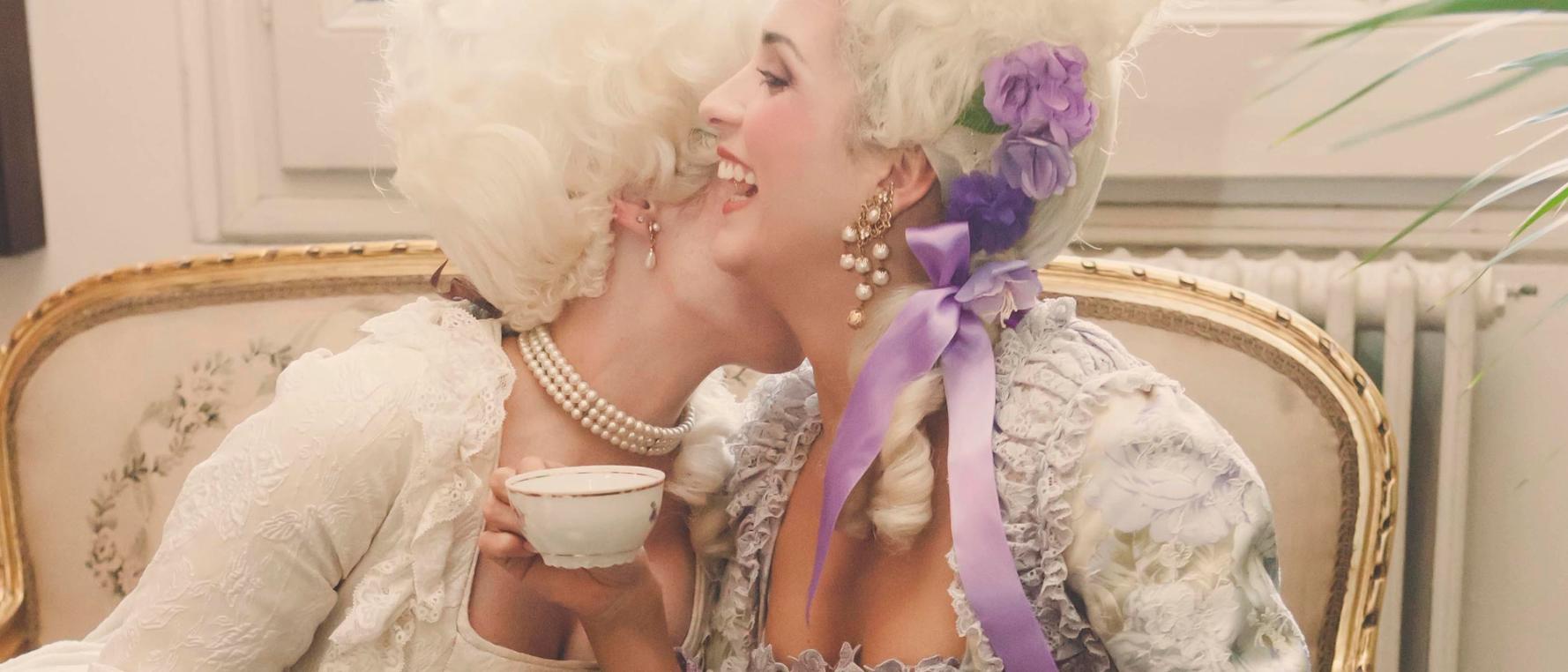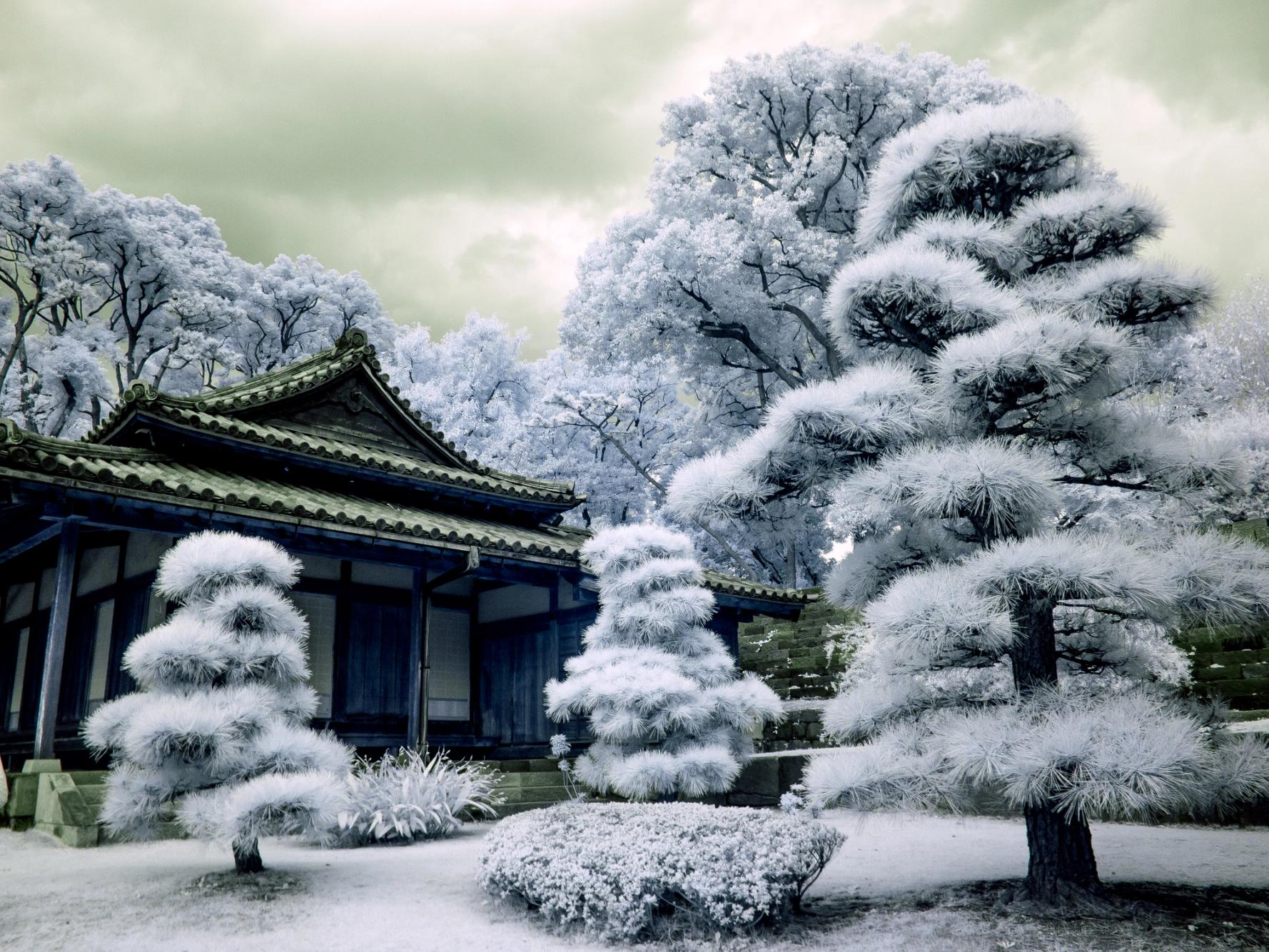
Category: Uncategorized
Photo of the Day – Kasbah Tamadot, Morocco
Image
Richard Branson’s parents first saw what is now Kasbah Tamadot when they were hot air ballooning over it in Morocco.
They met the owner who was an antique dealer and saw its potential. They told Richard that unless he bought it and turned it into the world’s most beautiful hotel, they would disown him. Richard paid about $1.5 million for the riad and its antiques. Since then millions more have been invested in improving the property to what is is today.
Our guide drove us about 45 miles southeast of Marrakech into the snow capped Atlas Mountains to Tamadot for our reservation for lunch.
Outside are mud and brick walls as with other riads.
To enter we had to go through a security check with a guard to verify our names were on the expected guest list.
Once we entered the entrance courtyard we knew this was very special.
We were impressed by the beautiful courtyard and its lush landscaping with flowering bouganvillas.
The courtyard contained statues, sculptures, carved wood and stone around the doors and windows.
The entrance door was equally impressive.
We were warmly met at the reception desk.
Then we were escorted through cactus gardens and landscaped pathways past an outdoor pool to the poolside terrace for lunch.
The view from the terrace offers a sharp contract to the green and lush landscaping throughout Tamadot.
The terrace overlooks a wide scrub brush and sepia colored valley with brown mud brick villages dotting the opposite mountains.
There is a rushing river several hundreds of feet below.
The snow capped Atlas Mountains are in the background.
We had a wonderful lunch of tagine cooked lamb and chicken each with its own special compliment of olives, citrus fruits, vegetables and spices. And of course, some great Moroccan wine from a nearby vineyard.
After lunch we began our tour of Tamadot with the outdoor infinity swimming pool.
We continued to the indoor swimming pool.
And onto one of the courtyards with a reflecting pool filled with rose petals.
There are numerous courtyards, nooks, crannies, roof top terraces, private outdoor dining, and private pools offering outstanding vistas.
There is even a game room with a pool table and an adjoining library to read or to meet friends for conversation.
Tamadot has 27 rooms ranging in size from single rooms to Berber tents to three bedroom villas with their own private terrace, outdoor dining, and swimming pool. Each room is lavishly decorated in its own color scheme and style.
Tamadot has a full range of saunas, athletic facilities, tennis courts, mule and camel rides (which we passed on).
At dusk Tamadot becomes even more romantic and mystical with all the landscape lighting and resulting shadows.
Since there are no TVs at Tamadot, they offer outdoor cinema. Tonight’s movie was Casablanca.
Kasbah Tamadot is truly a beautiful and unique boutique hotel. If you get to Marrakech, go there, even if just for lunch and a chance to tour the grounds. Be sure to call for reservations to get your name on the security guest list.
Tonight we drive to Casablanca to go to Rick’s America Cafe. Stay tuned.
Photo of the Day – Marrakech Camels
Image
Today we ventured out of the of the center of the city to visit parks, gardens, and museums.
With the arrival of the French in the early 20th century Marrakech outgrew the city walls of the Medina.
The French built a new modern city of broad avenues, villas, and parks.
Avenue Mohammed V is a wide beautifully landscaped avenue named after Morocco’s first king.
It is the spine that connects the old and new parts of the city.
It doesn’t take much time to get out of town to the wide open spaces where tourists go to ride camels and jeeps in the desert.
We passed on the camel and jeep rides to enjoy a drive through the “Beverly Hills” of Morocco.
One moment we were in a desolate desert, the next moment we found how a lot of money can transform the desert into a real oasis on the outskirts of northern Marrakech.
La Palmeraire is the “Beverly Hills” of Morocco and has over 150,000 palm trees with luxurious villas, hotels, and golf courses.
The Majorelle Gardens are the most beautiful in Marrakech.
In 1924 French painter, Jacques Majorelle bought the land around his art studio and began developing a botanical sanctuary. The gardens became a popular attraction when opened to the public.
The gardens fell into disrepair after Majorelle’s death.
In 1980 French fashion designer Yves Saint-Laurent completely restored the gardens.
Majorelle Blue is a striking shade of cobalt blue used throughout the gardens.
The former painting studio, now a museum, is painted in this color.
You walk on winding paths of arid cactus gardens with exotic species from around the world.
Enjoy seeing the exotic cactus at each turn in your path.
The garden transforms as it goes from an arid desert cactus display to a display of tropical plants.
The tropical part of the garden continues with a towering forest of bamboo.
There are also pools, fountains, and ponds with floating water lillies.
Our next stop was to see the gardens at the La Mamounia hotel.
La Mamounia is the world famous, glamourous hotel outside the Medina walls in Marrakech.
The Crown Prince Moulay Mamoun established the gardens on land given to him by his father, the sultan, as a wedding present. The gardens are designed on a traditional axis style with walkways, flower beds, orange and olive groves, and palm trees.
Anyone can enjoy the gardens by having lunch at the pool side restaurant or take afternoon tea at the La Menzeh.
Both overlook the spendor of these massive gardens.
The Museum of Marrakech is in the center of the Medina. Origianlly the museum was hte Dar Menebhi Palace buit in the end of the 12th century. The courtyards have beautiful mosiac floors, intracate tile work and carvings.
The atrium has been covered with glass and has a massive Moroccan chandelier,
Ali Ben Youssef Madrasa is one of Marrakeck’s most significant monuments. It was built by a sultan in the in 1565. After the sultan, the building was converted to a madrasa or theological school housing 900 students. The admission requirement was to know the Koran by memory. It was a center of theological education from the 14th century to 1962.
Sandy is in one of the 130 dorm rooms that overlooks one of the courtyards.
The Koutoubia Mosque was built in the 12th century. Its minaret is Marrakech’s pre-eminent monument which towers over all other buildings.
That evening we went to combination restaurant and dinner club called Jal Mahal.
We sat upstairs in the bar area, had a great Moroccan meal, and were entertained by singers, jazz players, and a troupe of belly dancers.
As you have seen before entertainers like to get someone in the audience to perform with them.
Tonight their target was John.
As you can see, they are very professional as their eyes are always on the camera for a good photo.
After lots of shouts of encouragement from the other diners, John was pursuaded to get up and dance.
He was determined not to be embarassed or shown up.
When the belly dancer went low, John went low.
When the belly dancer went high, John went high.
When the belly dancer went shimmy, shimmy, shimmy.
John went shimmy, shimmy, shimmy.
As crowd was cheering and chanting, “He’s a professional”,
the older, more mature leader of the troupe came over to get John to dance with her.
Sandy was prepared by now and got their dancing captured in a YouTube video which can be seem by clicking here.
Photo of the Day – El Fna market, Marrakech
Image
Snake charmers, live musicians and story tellers – it’s like something out of the 1001 Nights.
That is found at Jamaa el Fna, the main square and market place in medina quarter or old city in Marrakech.
Unesco declared the Jamaa el-Fna a ‘Masterpiece of World Heritage’ in 2001.
During the day it is predominantly occupied by orange juice sellers, men with monkeys, water sellers in colorful costumes with traditional leather water-bags and brass cups, and snake charmers will pose for photographs for tourists.
Water sellers roam the square in colorful costumes and tasseled hats, ringing copper bells. The brass cups are for Muslims while the white metal cups are for other religions.
Snake charmers bewitch their cobras with flutes, and drape the snakes over tourists, and kiss the cobras.
Tooth pullers wielding fearsome pliers, offer to pluck the pain from out of the heads of toothache sufferers, trays of extracted molars attesting to their skill. These self-proclaimed dentists sell both teeth and dentures to the poor with bad teeth.
Medicine men have compounds of ground roots, dried herbs, animal parts that are used as natural remedies for everything from colds to warding off the evil eye.
There are acrobatic feats where young men perform cartwheels, somersaults, and tottering human pyramids to entertain the crowd and earn a few coins.
There are women with piping bags full of henna paste, ready to paint hands, feet or arms with “tattoos” that will last up to three months.
As dusk falls, the square becomes a huge open-air dining area, packed with stalls lit by gas lanterns, and the air is filled with wonderful smells and plumes of cooking smoke spiralling up into the night. Makeshift tables, chairs, and canopies are set up everywhere. The people are warm, friendly, and provide a night market entertainment.
The square gradually fills until it becomes a whole carnival of storytellers, acrobats, musicians and entertainers.
El Fna should be visited both during the day and at night to experience how it changes during the day. Going at night allows you to the experience hustle and bustle of the market and immerse yourself in Moroccan culture.
The market stalls and street entertainers provide something for everybody.
For the best view, have a drink on the terrace of Café Glacier.
Photo of the Day – More Souks in Marrakech
Yesterday we highlighted some of the food souks in the medina.
Shopping in Marrakech is an experience like no other.
Today, we continue our shopping hundreds of other souks. There are souks with billowing silk scarves and hand woven shawls, exotic jewelry designs, hand made leather slippers and shoes of every color and design, shiny brass lamps in shimmering gold and silver metals, fragrant mint and exotic spices such as cinnamon and cumin, handmade Berber rugs with geometric designs, and more.
There are hundreds of jewelry stores selling everything from low cost tourist jewelry to top dollar and top quality works in silver, gold, and precious stones.
The hand-made from scratch, leather shoes & slippers in the median are called “babouches”.
There are hundreds, maybe thousands, of different shapes, sizes, colors, and designs.
There is a dazzling array of bright colorful scarves, shawls, tunics, dresses…
silk, wool, cashmere, pashmina, lace, embroidery…
There were lots of fun, colorful hats.
Tagine pottery is the traditional Moroccan dishes.
The tagine’s conical shape makes a uniquely moist, hot cooking environment for the dish being cooked. The base is wide and shallow, and the tall lid fits snugly inside. As the food cooks, steam rises into the cone, condenses, and then trickles down the sides back into the dish.
The idea is similar to cooking in a dutch over or slow cooker. Less liquid is needed overall and food cooks slowly until completely tender.
Moroccan lamps are crafted from everything from sheet metal, to brass, silver, gold, and colored glass. Some have hundreds of geometrically perforated holes which cast intricate designs on walls and ceilings. Those made of colored and cut class cast give great ambience to rooms. Enjoy just a few examples below.
There literally is everything in the souks. Here are a few photos we took of other shops in the souk.
Other misc
We trust you enjoyed our visual tour of the souks in the Marrakech medina.
We were fortunate to have Hamza as our great guide to teach us about the souks, lead the way, steer us to the best shops, help negotiate for us, and avoid being overwhelmed or getting lost in the souks.
It was the best way for us, and we contined to have Hamza as our personal guide each day.
Photo of the Day – Food Souks in Marrakech
Image
Marrakech has one of the world’s largest markets or souks. The souks are a bewildering labyrinth of thousands of craftsmen and shop keepers selling their wares in narrow passage ways.
A trip to the souks is part history lesson and part an overwhelming experience for your senses with vibrant colors, exotic smells, chaos, and many things you probably will see for the first time. Everything is sold here – vegetables, spices, olives, meats, medicines, perfumes, bags, clothes, baskets, shawls, carpets, shoes, lanterns, antiques – but not in a traditional American or European way.
Historically the souks of Marrakesh were divided into retail areas for particular goods such as leather, carpets, metalwork and pottery. We found these divisions still roughly exist but with significant overlap.
Take your camera as this is the place for unique photos. Begin with photos of the olive souk jam-packed with different kinds of olives, and the potters’ souk crammed full of brightly-coloured pots, pans, and tagines. There are “Kodak Moment” photo surprises at every turn –bright spices piled high, medicine shops with hundreds of concoctions, brightly-coloured glassware, brightly color woven kaftans, handcrafted bags and shoes.
This is not America or Europe, so feast your eyes of the dazzling array of colors, goods and shops below.
Colorful spices pilled high. This is not the rack of 1 – 2 ounce glass jar spice found at your neighborhood supermarket.
Souk medicine shops and pharmacies compounding and selling their cures. No FDA here.
How does this compare to the olive selection you have at your grocery store?
An amazing choice of fresh vegetables.
Here are a few of the fruit stands in the souk.
Onto the meat section in the souks
After all the food stalls, it is time for Sandy to try her hand at hand making Moroccan bread in a wood buring oven.
Next up.
A pictorial display of the souks selling shoes, jewelry, lamps and lanterns, rugs, belts, antiques, carved doors, and more!
Photo of the Day – Palais Khum in Marrakech
Image
Sandy had friends from her international book club who had recently stayed at Palais Klum and recommended it highly.
We agree!!!
Palais Khum is a riad with eleven guest rooms. A riad is a traditional Moroccan house or palace with an interior garden or courtyard. The word riad comes from the Arabian term for garden, “ryad”. The outside mud walls have no windows so the entrance to these houses is a major transitional experience because the interior consists of courtyards, fountains, pools, trees, and lush vegetation around central atriums. Many riads have been recently restored as small hotels.
We were greeted by the gracious staff and offered cool mint tea to refresh ourselves from our journey.
The owner Stefano Scaleri came to give us a personal welcome. He is a charming Italian man and the ultimate host.
He personally designed and rebuilt this taking over four years. He proudly points out that this a “Palais”, not a traditional riad, because is considerably over 10,000 square feet. Every detail has been done with great style.
The eleven rooms are individually decorated using different themes. Each room is tastefully furnished with an exotic Moroccan flair of carved doors, lattice windows, antique wall hangings, and unique architectural decorations.
Enjoy a few of the rooms below.
The indoor pool featured an elaborately tin sculpted chandelier that emitted thousands of points of light, a large wall mosaic, and full length glass doors that opened onto two gardens.
We relaxed in the patio gardens after a dip in the pool.
Breakfast was served at the Kremm Cafe which opened to one of the courtyards to allow indoor or outdoor seating.
On top of Palais Khum is a massive terrace overlooking Marrakech’s medina, the old city within the 12th century fortress walls. There is plenty of room for sun bathing, receptions, parties, lunch, dinner, and great evening vistas.
Food photos have been popular because they are so different from our usual cuisine. We have had a lot of fun learning about the traditional foods, the way they are cooked, and how they are served in these countries. It has been a great adventure.
The Ristorante at Palais Khum serves a variety of Moroccan, Mediterranean, and Italian dishes.
That evening we sat outside in the courtyard with subdued lighting and the stars above.
Sandy chose the Mediterranean course of a salad of tomato and mozzarella cheese, and entree of vegetable and chicken kabobs.
John chose the Moroccan course of an appetizer of a variety of puffed pastries containing vegetable, chicken and beef, and a Tagine prepared slow cooked lamb, olives, and vegetables.
A Tagine is a pot is formed of natural clay which is sometimes painted or glazed. It consists of a base unit that is flat and circular with low sides and a large dome-shaped cover that sits on the base during cooking. The cover is designed to promote the return of all moisture to the bottom base. Tagine is traditionally slow cooked over hot charcoal.
Think of it as a 12th century Moroccan pottery version of the cast iron Le Creuset French oven.
All our tagine prepared meals were savory, tender, and delicious. The only problem we had is we could not stop eating when full because they were SO GOOD!
It was a great evening capped off by a dessert made from four types of chocolate.
For us, the Palais Khum was better in many respects than 4 and 5 star hotels. Since it is a boutique hotel with only eleven rooms, there were no crowds. All the hotel staff from the maids to the front desk to the waiters all seemed to know your name and were always very gracious. Many times we felt as if we were in our own mansion or palace with our own staff serving us like royalty.
In addition to the facilities we have shown you above, the Palais Khum also has a Deco Bar, a bakery, and retro coffee bar, a library relaxation area, a spa, two Hammans (a deluxe Moroccan bath), an art gallery, and a gift shop.
It is ideally located in Dar El Bacha, considered in many prestigious touring guides, as the most fascinating street of the old town centre of the Marrakech medina.
As with Sandy’s international book club friends, we now recommend Palais Khum highly!
Photo of the Day – Kurumba, Maldives
Image
Maldives has deep blue seas, turquoise reefs, white sandy beaches and palm trees. It is the perfect place to sit on a beach and watch a sunset with a cocktail balanced on your hand. The more adventurous can see thousands of fish swimming around the vivid corals just a few feet away.
We chose to stay at Kurumba Resort and here is a view of the resort from the air.
Maldives consists of 1,192 islands in the Indian Ocean. Maldives are the lowest country in the world. More than 80 per cent of the country’s land is composed of coral islands less than three feet above sea level. The Maldives remained largely unknown to tourists until the early 1970s. The emergence of tourism in 1972 transformed the economy, moving rapidly from dependence on fisheries to tourism. Now there are over 105 resort islands and over 170 resort hotels.
Most visitors arrive at Malé International Airport on Hulhulé Island. It is its own island reclaimed from the sea and a boat ride away from the capital Malé. Most guests are greeted at the airport by their resort and then transported to their resort island by boat or seaplane.
We were greeted with cold coconut flavored face towels to refresh ourselves and a welcome drink.
The reception area was beautiful.
Since we arrived early in the morning our room was not ready for check we were treated to a complimentary breakfast buffet.
We followed by relaxing and swimming at the pool.
About noon Sandy ordered our pool and beach side lunch.
Later we were able to check into our room. We did not know what to expect since this was the oldest resort and had extensive renovation. Our expecations were exceeded!!! Enjoy the views of and from our room.
Even better than the room were the beach views.
Next was snorkeling off the beach.
Late afternoon we went to the pool beach side bar for our Happy Hour drinks.
Later we had to make a choice of where to have dinner amoung their five fine dining restaurants.
As you can see this would be a difficult choice.
Since we had been travelling since 3 am that morning we had a plenty of food already,
we chose a light evening appetizers at meal at the beach side bar and cafe.
The next morning we walked through the resort taking picures of the grounds.
We had a Thai breakfast after our walk around the resort.
Our conclusion. There are more luxury hotels in the Maldives than one can imagine. They range from small resorts to many hundreds of rooms suited for large conventions, from budget to luxury, from beach villas to over the water bungalows, and from close by the airport to hundreds of miles distance and time away, from boat transfer, to seaplane, or small airplane transfer.
We chose the Kurumba Resort because it was only 10 minutes away by boat and had won the 2013 Traveller’s Choice Award. It was convenient and as well as having a remote feeling. Currently the Kurumba Resort is ranked #11 of luxury hotels by Trip Advisor which shows its commitment to renovation to keep it a 5 Star resort over the last 40 years. The 450 staff members were all very friendly and always provided excellent service.
Take us back to Kurumba!
Photo of the Day – Elephant Orphanage
Image
We had a lot of fun see the elephants at the Pinnawala Elephant Orphanage. The Elephant Orphanage was first established by the Sri Lankan Department of Wildlife Conservation in 1975 for feeding and providing care and sanctuary to orphaned baby elephants that were found in the wild. Today Pinnawala is notable for having the largest herd of captive elephants in the world. In 2011, there were 88 elephants, including 37 males and 51 females from 3 generations, living in Pinnawala taken care of by 48 mahouts, or elephant handlers.
Enjoy the rest of the pictures.
Sandy & enjoyed a typical Indonesian meal overlooking the elephant orphanage.
Our day ended at the Galle Face Hotel now celebrating its 150th year in ooperation and it the oldest hotel east of the Suez. This hotel brings you back to the British Colonial Empire times. It is listed in one of the 1000 Thing To See Before You Die. It has a gallery of over 60 guests from royalty, movie stars, world leaders, writers, and now, Sandy & I. We enjoyed many sunsets, drinks and dinners watching the Indian Ocena waves come in.
Photo of the Day – Kandy, Sri Lanka
Image
Temple of the Sacred Tooth Relic is a Buddhist temple in the city of Kandy, Sri Lanka. It is located in the royal palace complex of the former Kingdom of Kandy. It houses the relic of the tooth of Buddha. The relic has played an important role in local politics since ancient because it is believed that whoever holds the relic holds the governance of the country. Kandy was the last capital of the Sri Lankan kings and is a UNESCO world heritage site.
Monks conduct daily worship in the inner chamber of the temple. Rituals are performed three times daily: at dawn, at noon and in the evenings. On Wednesdays there is a symbolic bathing of the relic with an herbal preparation made from scented water and fragrant flowers. This holy water is believed to contain healing powers and is distributed among those present. Sandy & I were able to see the evening celebration and the opening of the golden shrine doors to see the Golden Shrine containing Budbha’s tooth relic.
We learned that Buddhism predates Christianity about 600 years. There were thousands in the shrine area, most were dressed in their best clothes, had offerings, their hands together in prayer, and observably devout. We gained greater understanding and respect for these people and one of the world’s great religions.
The Tooth of the Buddah Shrine is actually six golden and jeweled shrines within one another. Our picture was very blurred due to all the mass pushing of the crowds trying to get just a glimpse of it during the five minute viewing. However, you can see and excellent picture on Google by clicking “Buddha’s Tooth Shrine“.
The Esala Perahera is a grand festival with elegant costumes held in July and August in Kandy, Sri Lanka. This historical procession is held annually to pay homage to the Sacred Tooth Relic of Lord Buddha. The 15 day festival has processions consists of many traditional local dances such as fire-dances, whip-dances, Kandyan cultural dances and elephants who are brighly painted or in lavish garments. The highlight is large tusker elephant carrying the Casket of Buddah’s Tooth Relic which the masses see and venerate.
Earlier that day we started our day with breakfast on the terrace oevrlooking the lake at the Lake Hotel in Polonnaruwa. We felt like royality when the staff set up a cooking counter next to us on the terrace and prepared our breakfast to order.
Many of you have asked us to show more about the food we had on our journey.
After breakfast we visited several sites of the Polonnaruwa ruins, a Unesco World Heritage Site. There are a lot of ruin sites in a small area. They show the advanced architecture and irriagation systems from ancient times.
Photo of the Day – Sigiriya, Sri Lanka
Image
Sirigiriya has been a UNESCO World Heritiage Site since 1982. Originally a hermitage for Buddhist monks from the 5th century B.C. Sigiriya became an important part of Sri Lanka history books when the King Kashyapa claimed it as his own.
The top terrace is 200 meters above the base city and fortress and consists of about 3 acres of of cascading terraces with the ruins of the King’s palace, landscaped gardens, water features and royal baths.
The entrance to the top fortress is through two giant lion’s paws.
Although the 200 meter asscent is tough, the descent is tougher for those with verigo.
The base is early example of city and urban planning with symmetrical rectangular moats, ramparts, water gardens, fountains, and serpentine streams specially constructed for slow movement of water. This is an early example of water resource management and technology with earthenware aqueducts, underground stone conduits that use gravity and the force of pressure from the top terraces to the water gardens and ponds below.
Our afternoon was spent on a Jeep Safari at the Kandulla wildlife preserve. Originally we planned to go to the Minneriya preserve but the jeep guide said he did not see any elephants there the day before. We were glad we did because the herd or “The Gathering” had moved to this preserve’s reservoir with more water. There were just a few elephants in the afternoon, but 6 p.m. Friday evening must have been the elephants “Happy Hour” because suddenly over 90 emerged from the forest and gathered for a drink.
Later that evening we checking into the Lake House overlooking Polonnaruwa Lake, and next to the ruins. The Lake House is a member of the Galle Face Hotel Group. Queen Elizabeth spent the night here in 1954 just two years after her coronation. The original hotel was torn down and rebuilt in a very modern, minimalist style with just 14 rooms. Our room was #9, next to the Queen’s #10. We were shown the Queen’s room complete with pictures of her stay. That evening we had another wonderful dinner.
The presentation of the meal looked like a minimalist’s modern art painting. Never the less, we dug in and enjoyed another unique and delicious dinner.
